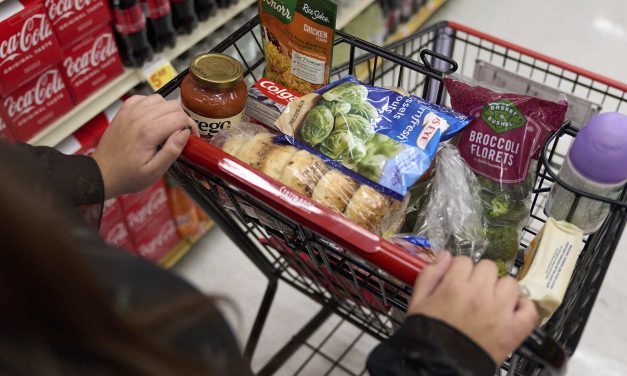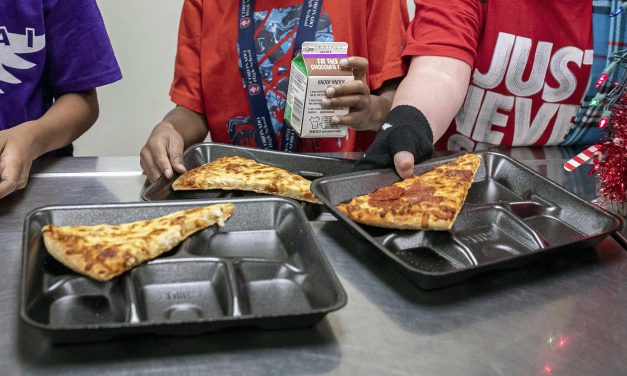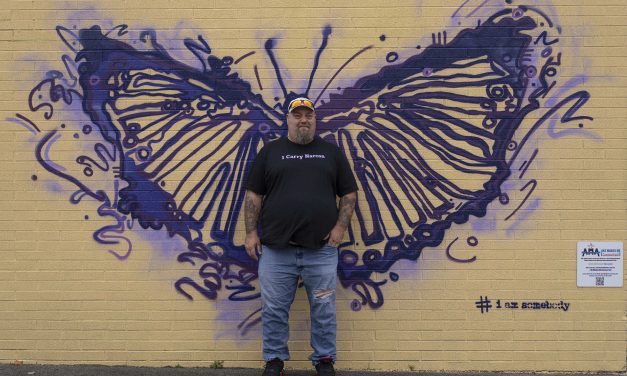Earliest version of Mickey Mouse joins other iconic characters to become public domain in 2024
M-I-C-K-E-Y will soon belong to you and me. With several asterisks, qualifications and caveats, Mickey Mouse in his earliest form will be the leader of the band of characters, films, and books that will become public domain as the year turns to 2024. In a moment many close observers thought might never come, at least one version of the quintessential piece of intellectual property and perhaps the most iconic character in American pop culture will be free from Disney’s copyright as his first screen release, the 1928 short “Steamboat Willie,” featuring both Mickey and Minnie Mouse, becomes available for...
Read More















